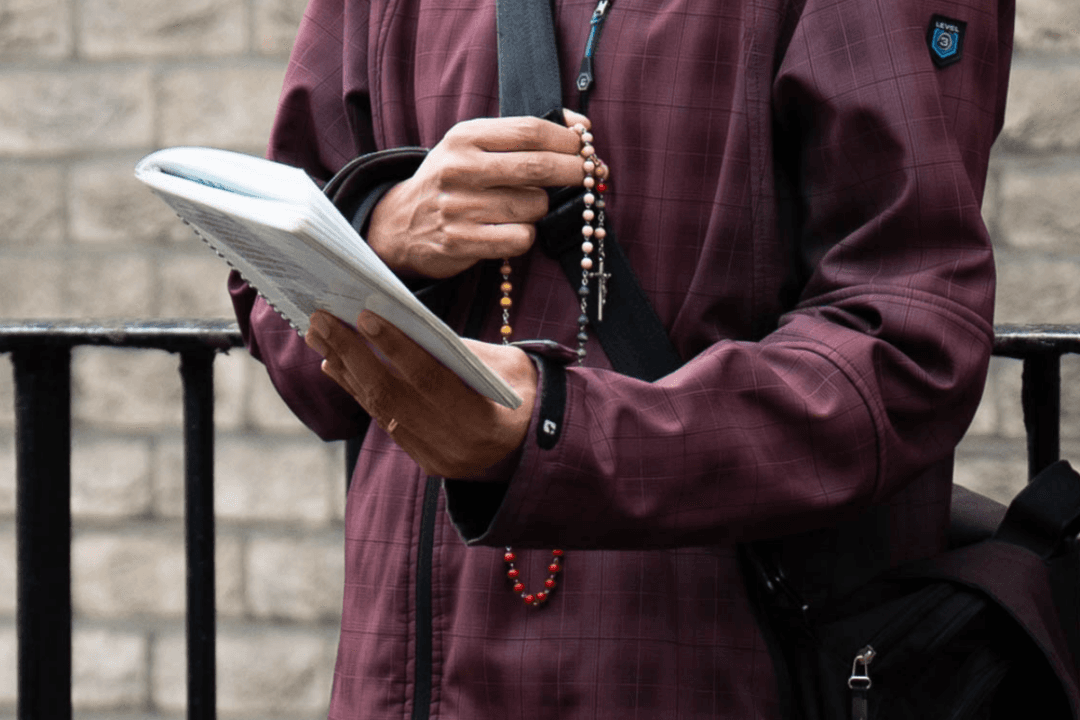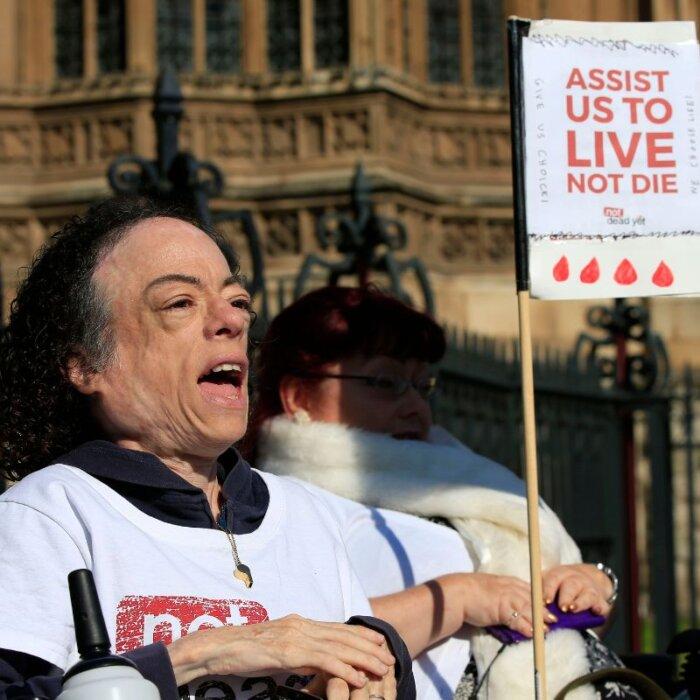Buffer zones around abortion clinics came into force in England and Wales on Thursday, with anyone found in breach of the law facing unlimited fines.
The law will apply within a 150-metre radius of abortion providers and will make it illegal for a person to do anything deemed to be intentionally or recklessly influencing someone’s decision to use abortion services, obstructing them, or causing harassment or distress to someone using or working at an abortion clinic.
Pro-abortion campaigners have said the legislation was needed to protect women and clinic staff from harassment, but pro-life groups have said the zones will criminalise offering last-minute alternatives to abortion.
Silent Prayer
The new rules covering buffer zones are included in Section 9 of the Public Order Act 2023, measures which were voted in under a Conservative government with cross-party support.In the 18 months since the law was passed, pro-life campaigners have expressed concern that prayer could be criminalised. Last year, a group of Conservative and Democratic Unionist Party MPs unsuccessfully tried to introduce an amendment that would have ensured no offence is committed if a person “engaged in consensual communication or in silent prayer.”
The CPS said “a person who carries out any of these activities within a safe access zone will not necessarily commit a criminal offence.”
“Prosecutors will need to consider not only all the facts and circumstances of the particular conduct but also the context in which the conduct takes place,” the CPS added.
It recommended prosecutors “clearly identify” the evidence from which “the requisite intent or recklessness can be inferred.”
The Home Office said CPS guidance “will ensure there is clarity and consistency across the country.”
Freedom of Religion
Pro-life organisation the Society for the Protection of Unborn Children (Spuc) has said measures which could criminalise silent prayer were “chilling and Orwellian” and aim to “shut down legitimate peaceful vigils and control religious activity.”Spuc’s Executive Director Michael Robinson said his group was consulting legal specialists “and believe that the inclusion of silent prayer constitutes a gross intrusion in the right of freedom of religion, free speech, and accordingly needs to be properly tested in the courts.”
Bishop John Sherrington, of the Catholic Bishops’ Conference of England and Wales, said the government had “taken an unnecessary and disproportionate step backwards in the protection of religious and civic freedoms in England and Wales” with the new legislation.
Sherrington said, “Religious freedom includes the right to manifest one’s private beliefs in public through witness, prayer, and charitable outreach, including outside abortion facilities.”
Conviction for Breaching Zone
Local authorities were already able to introduce forms of buffer zones around abortion clinics using Public Space Protection Orders (PSPOs), a tool available under the Anti-Social Behaviour, Crime, and Policing Act 2014.In October, ex-serviceman Adam Smith-Connor was convicted of breaching a buffer zone by praying silently in partial view of an abortion clinic in Bournemouth in 2022. He was holding a vigil for his unborn son who had been aborted 22 years ago.
Bournemouth, Christchurch, and Poole Council had brought legal proceedings against Smith-Connor, who had refused to leave the area when asked to do so by a community officer.
Smith-Connor denied failing to comply with the PSPO but was found guilty, with a judge saying what he did was “deliberate.” He was given a two-year conditional discharge and ordered to pay more than £9,000 in court costs and victim surcharges.







